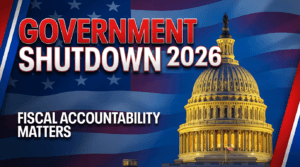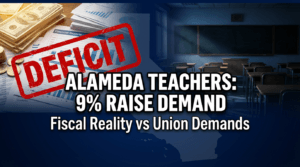Parents Push Back: American Families Rally Against Federal Overreach in Education
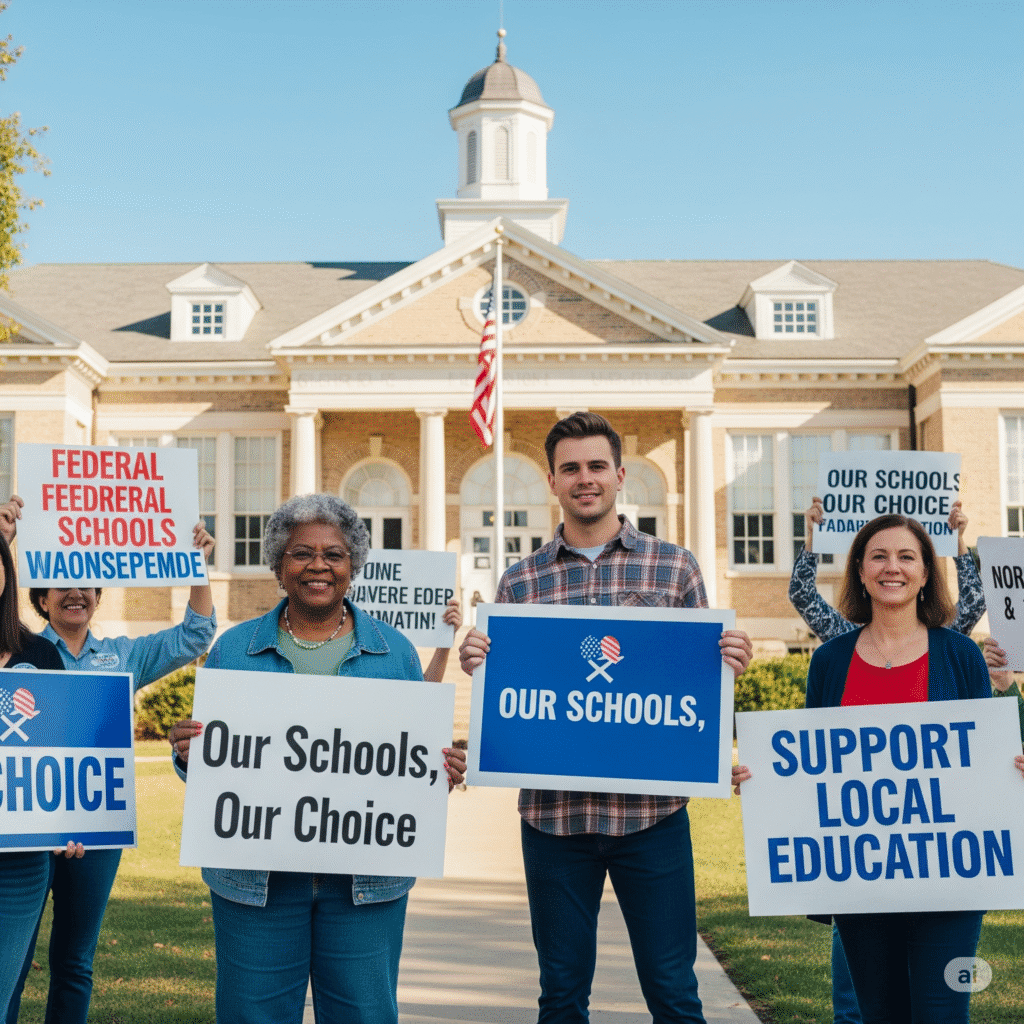
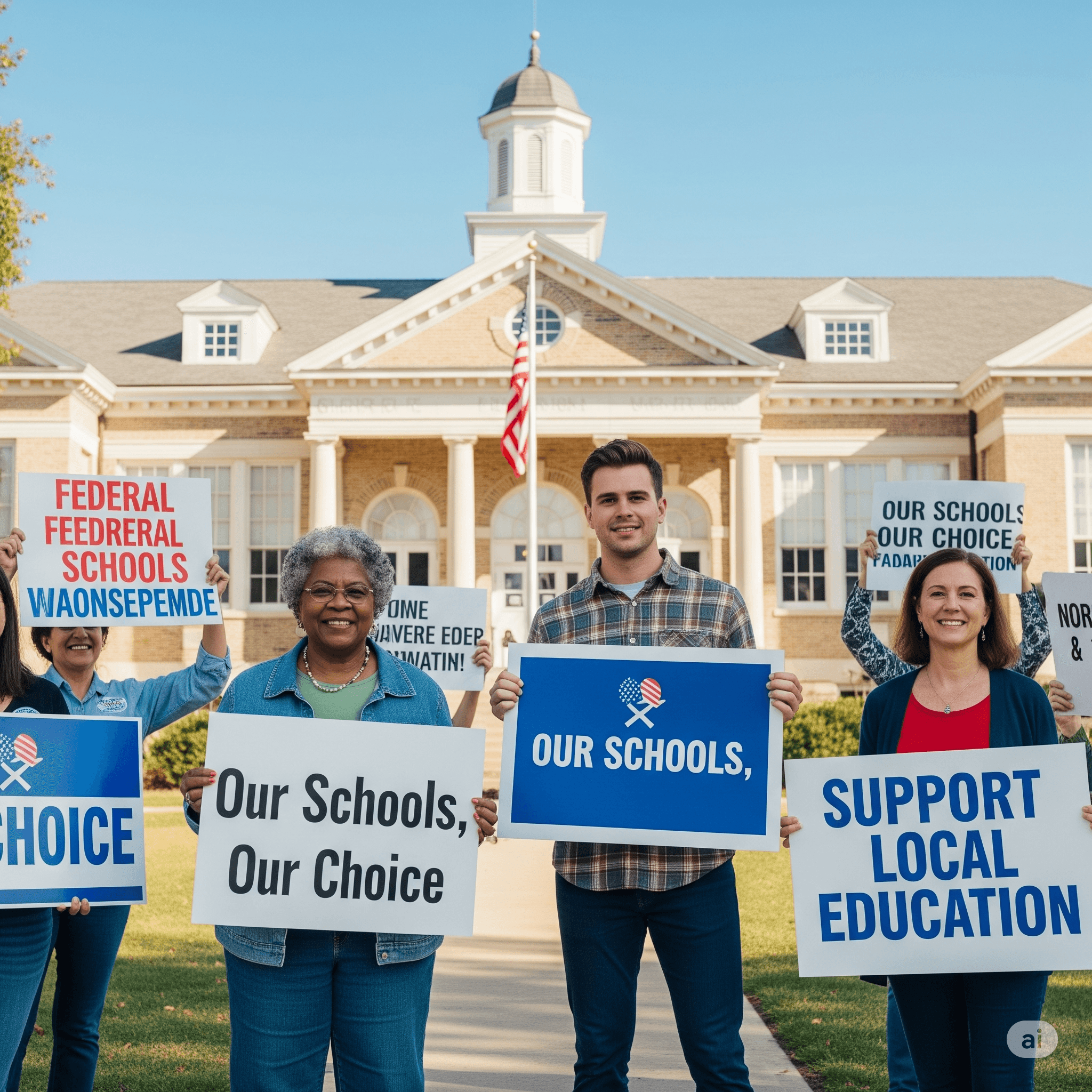
A new wave of parent-led activism is sweeping across the United States as families from coast to coast challenge what they see as growing federal interference in local schools. Fueled by concerns over curriculum changes, parental rights, and the erosion of local control, these grassroots movements are uniting communities, energizing school board elections, and prompting lawmakers to reconsider the federal government’s expanding role in American public education. The outcome of this battle for the classroom could deeply impact the future of the next generation and the preservation of core American values.
A Groundswell of Parental Involvement
Over the past year, parent groups have emerged as a potent political and cultural force. In towns both large and small, parents are attending school board meetings in record numbers, organizing rallies, and forming advocacy groups to protect what they see as their fundamental right to direct their children’s upbringing. Their message is clear: education decisions should reflect the values of families and local communities, not the dictates of distant federal agencies.
“We’re seeing more parents than ever getting involved,” says Jennifer Miles, a mother of three from Loudoun County, Virginia, whose local school board meetings have become national news. “We trust our local teachers and school boards—not Washington bureaucrats—to know what’s best for our kids. This is about keeping education accountable to parents and taxpayers.”
Miles’ sentiment is echoed by thousands of parents across the country, from suburban Texas to rural Iowa to urban Florida. Many are motivated by recent federal guidelines and executive actions that, critics say, attempt to impose uniform curriculum standards and restrict parental input on sensitive topics like history, civics, and health education. For these parents, the issue goes beyond particular lesson plans—it’s about who gets to shape the minds and values of America’s children.
The Federal Push and Conservative Concerns
The catalyst for much of this activism has been a series of policy moves from the U.S. Department of Education. New guidance on topics ranging from critical race theory to gender identity, as well as proposed funding conditions for schools, have left many parents feeling sidelined. While proponents argue these measures advance equity and inclusion, critics insist they undermine parental rights and local traditions.
Senator Tom Reynolds (R-TX), a leading voice for educational freedom, spoke candidly at a recent press conference: “Education belongs in the hands of parents and local communities, not unelected federal agencies. Our children’s future should not be subject to the shifting winds of political agendas coming out of Washington.”
Reynolds and other lawmakers point to the Tenth Amendment, which reserves powers not delegated to the federal government for the states and the people. “Federal overreach in education is not just bad policy—it’s unconstitutional,” Reynolds continued. “We need to restore balance and respect for local governance.”
Data Reflects Changing Attitudes
Recent polling underscores the shift in public opinion. A 2024 Pew Research Center study found that nearly 60% of Americans now believe parents should have more say in their children’s education, a dramatic increase from just a few years ago. Importantly, support for parental rights cuts across party lines, uniting conservatives, moderates, and even some liberals who worry about the loss of local control.
Dr. Susan Hall, a professor of education policy at a leading Midwestern university, notes, “The pandemic exposed a lot of families to what was happening in classrooms. Now, many parents are determined to play a more active role. They want transparency, and they want to ensure that education reflects the values of their community.”
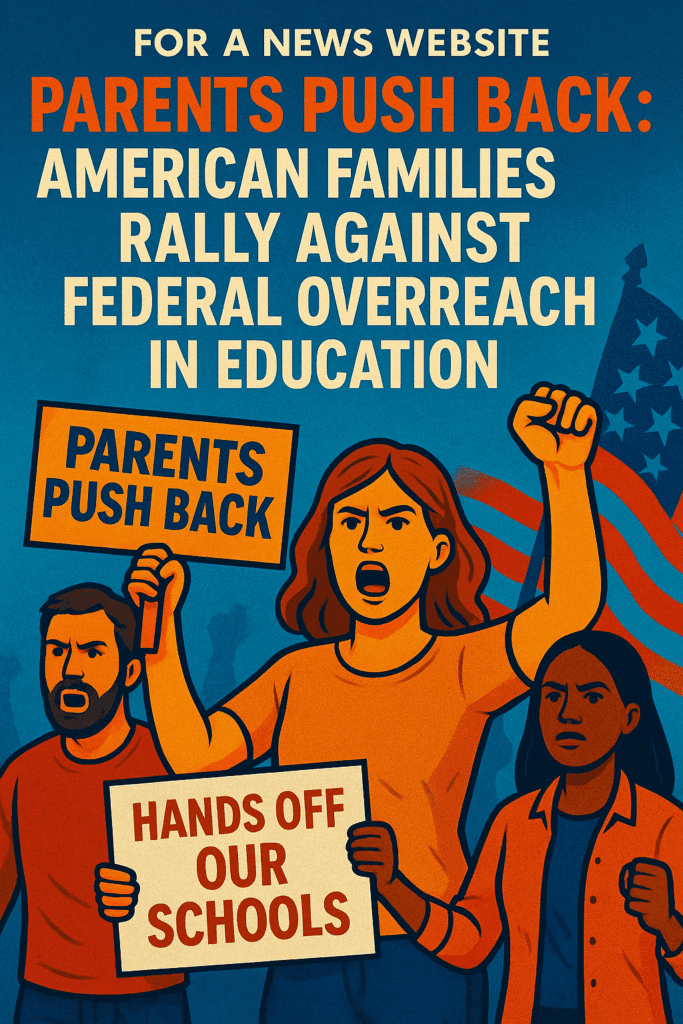
The Case for Local Control
Advocates for local control argue that education is most effective when it is responsive to the unique needs and values of each community. “What works in New York City is not always right for small towns in Nebraska or the suburbs of Atlanta,” says Mark Ellison, a retired teacher and community leader in Des Moines, Iowa. “Local control fosters innovation, accountability, and a sense of ownership. It’s the American way.”
Fiscal responsibility is another key concern. Federal mandates often come with strings attached, forcing local schools to divert resources away from core subjects like reading, math, and civics. “We need to get back to basics—teaching our children to think critically, respect our Constitution, and understand their rights and responsibilities as citizens,” Ellison emphasizes.
Many parents worry that top-down mandates stifle debate and discourage the open exchange of ideas—a hallmark of American democracy. “Our schools should be places where students learn to reason and engage respectfully with different viewpoints, not just recite the latest federal talking points,” says Miles.
Lawmakers Respond
In response to mounting pressure, several states have introduced or passed legislation affirming parental rights and restricting the influence of federal guidelines in local schools. Florida’s “Parents’ Bill of Rights,” signed into law last year, guarantees parents the right to review curriculum, opt out of certain lessons, and participate in school policy decisions. Texas, Arizona, and other states are considering similar measures.
Governor Ron DeSantis (R-FL) has championed these reforms, declaring, “Parents are the primary stakeholders in their children’s education. We will always stand for the rights of families and the integrity of our schools.”
Conservative analysts argue that these state-level actions are vital to preserving American traditions of self-governance and individual liberty. “This is not just about education,” says political commentator Lisa Grant. “It’s about the kind of country we want to leave for our children—one where families make decisions, government is limited, and freedom is protected.”
Critics and the Path Forward
Opponents of the parental rights movement argue that federal standards are necessary to ensure equality and prevent discrimination. They warn that too much local control could allow for the exclusion of minority voices or the perpetuation of outdated views. The Department of Education maintains that its guidelines are designed to protect students and promote inclusivity.
Yet, for many conservatives, these arguments ring hollow. “We can have both accountability and freedom,” says Ellison. “American families have always risen to the challenge of educating their children. Trusting parents and communities is not a step backward—it’s a return to what works.”
The Stakes for American Values
At its core, the pushback against federal overreach in education is about more than just policy. It’s a fight for the heart and soul of the nation—a reaffirmation of traditional American values: individual freedom, fiscal responsibility, local governance, and the right of parents to guide their children’s future.
As the 2024 election season heats up, parental rights and educational freedom are certain to remain at the forefront of the national conversation. Whether in school board races or presidential debates, the voices of American families are growing louder, demanding a seat at the table and a say in the future of the Republic.
“We’re not going away,” Miles says. “We love our country, we love our children, and we’re going to stand up for both.”




